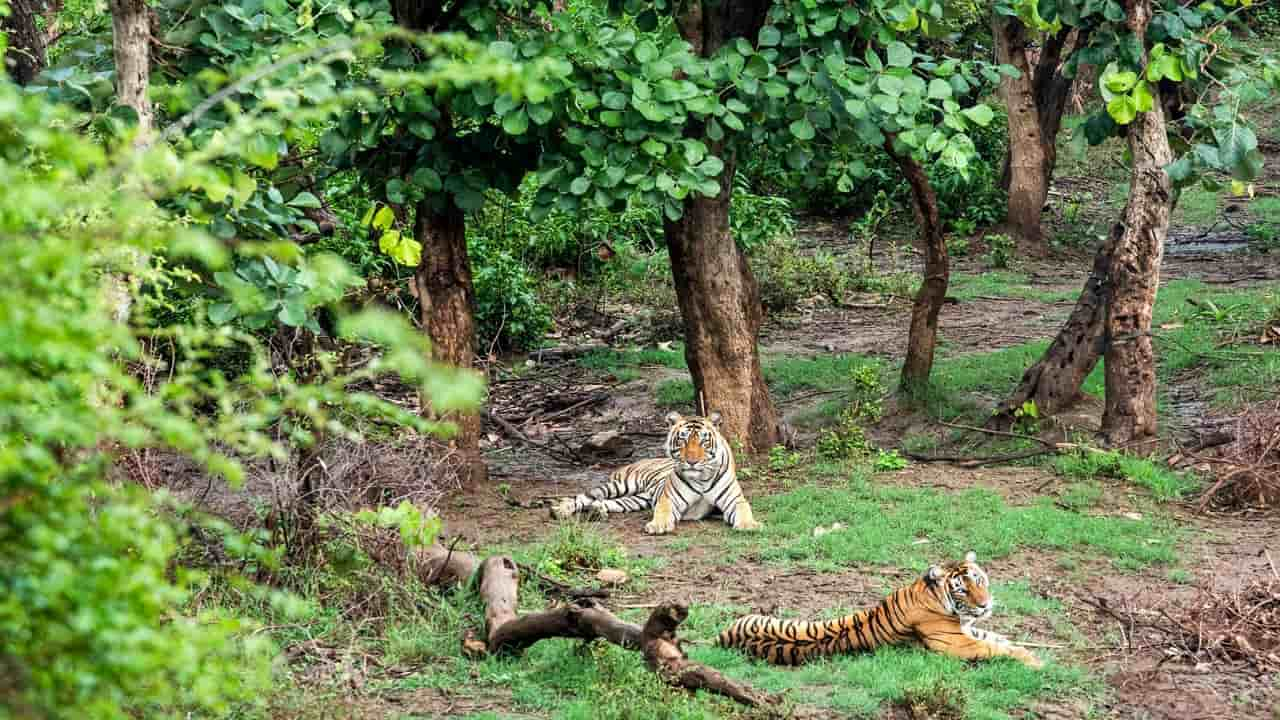Free Courses Sale ends Soon, Get It Now


Free Courses Sale ends Soon, Get It Now



Copyright infringement not intended
Picture Courtesy: https://www.indialegallive.com/magazine/pandupol-hanuman-temple-sariska-tiger-sanctuary-rajasthan-poaching/
Context: The Tamil Nadu government declared the Thanthai Periyar Wildlife Sanctuary as the 18th wildlife sanctuary in the state.
Details
Key points about the Thanthai Periyar Wildlife Sanctuary
Geographical Significance
Biodiversity and Habitat
Role in Conservation
|
Thanthai Periyar Wildlife Sanctuary |
|
|
Significance |
●18th wildlife sanctuary in Tamil Nadu. ●Links the Nilgiris Biosphere Reserve with Cauvery South Wildlife Sanctuary. ●Provides a crucial corridor for the movement of elephants and tigers between the Western and Eastern Ghats. ●Part of the Nilgiris Elephant Reserve. |
|
Geographical Features |
●The Thanthai Periyar Wildlife Sanctuary is a diverse landscape with a mix of hills, valleys, forests, and grasslands. ●The highest point in the sanctuary is the Bargur Hills, which reach an elevation of over 1,800 meters (5,900 feet). ●The Periyar River is the longest river in Kerala and it, along with the Pamba River, passes through the Sanctuary. |
|
Flora and Fauna |
●Plants: Rosewood, teak, sandalwood, bamboo, lantana, and various medicinal plants. ●Mammals: Tigers, leopards, elephants, gaurs, sloth bears, dholes, spotted deer, sambar deer, barking deer, wild boars, pangolins, and hanuman langurs. ●Birds: Hornbills, peacocks, grey junglefowl, painted spurfowls, drongos, eagles, owls, and a variety of migratory birds. ●Reptiles: Snakes, lizards, crocodiles, and turtles. |
|
Tribe |
●The Paliyar tribe is a small, indigenous community that traditionally inhabits the forests within the Sanctuary. |
Conclusion
|
PRACTICE QUESTION Q. What is the name of the tribal community that traditionally inhabits the forests within Thandiramalai Periyar Tiger Reserve? A) Gonds B) Todas C) Paliyans D) Bhils Answer: C Explanation: The Paliyans are the indigenous tribal community that traditionally inhabits the forests within Thandiramalai Periyar Tiger Reserve (TNPTR). Gonds: Primarily found in Central India, particularly Madhya Pradesh, Maharashtra, and Chhattisgarh. Todas: Inhabit the Nilgiri Hills in Tamil Nadu and Kerala, known for their pastoral lifestyle and buffalo herding traditions. Paliyans: Reside in the forests of the Eastern Ghats, including Thandiramalai Periyar Tiger Reserve and surrounding areas. They have a deep cultural connection with the forest and possess valuable knowledge about its ecology and wildlife. Bhils: Primarily inhabit the western and central parts of India, known for their hunting and gathering skills. |
© 2024 iasgyan. All right reserved